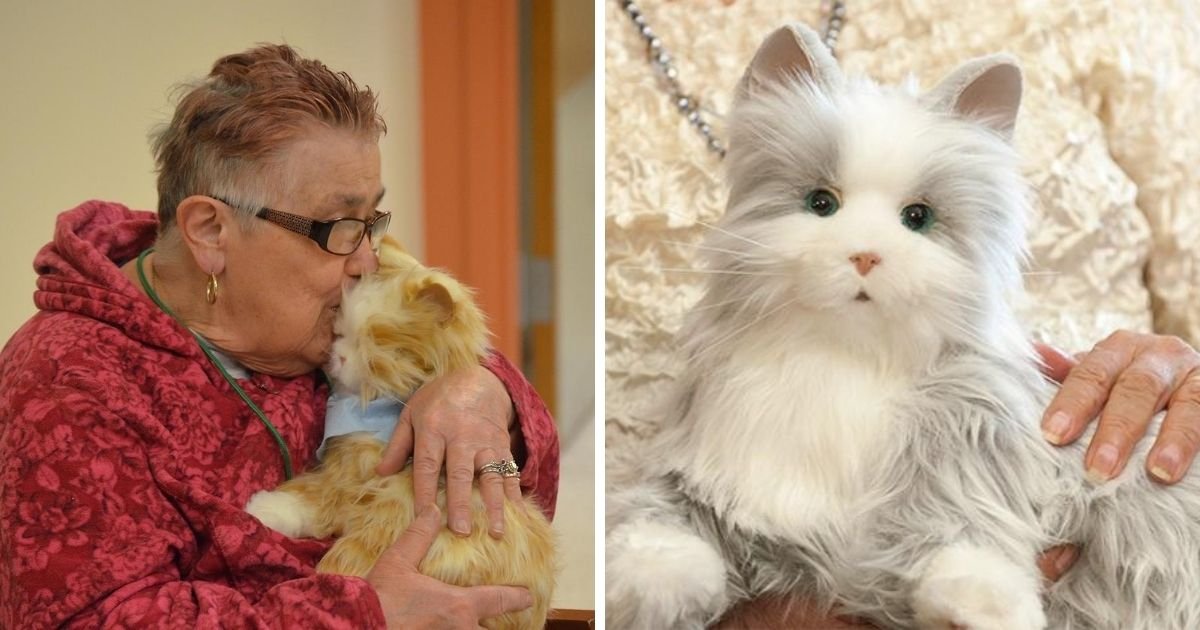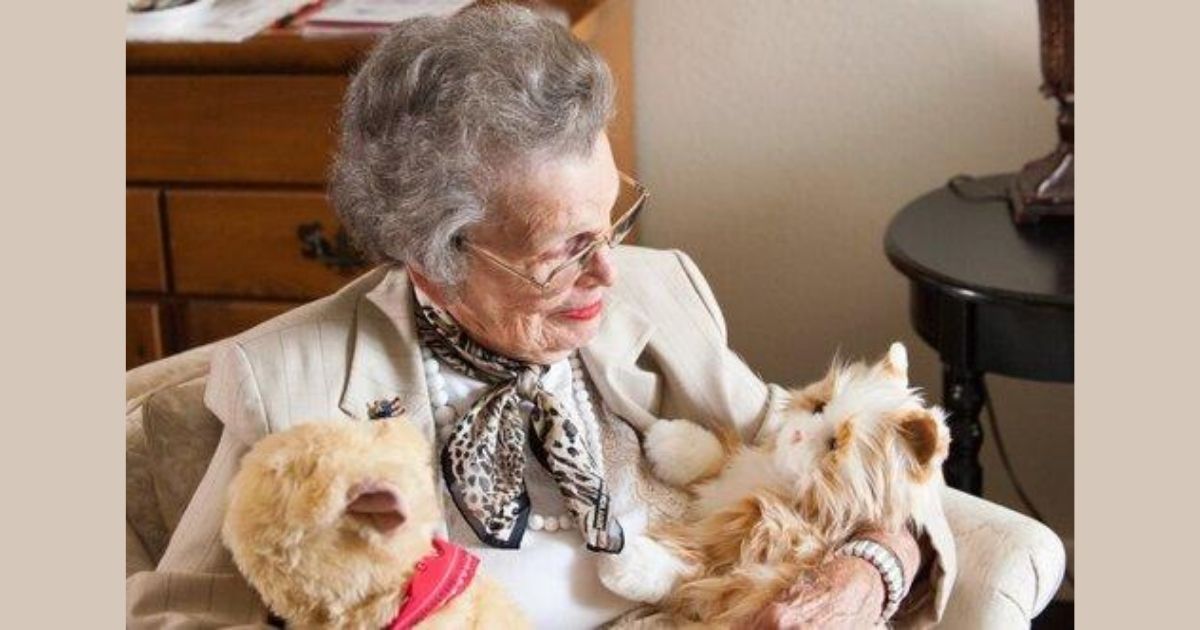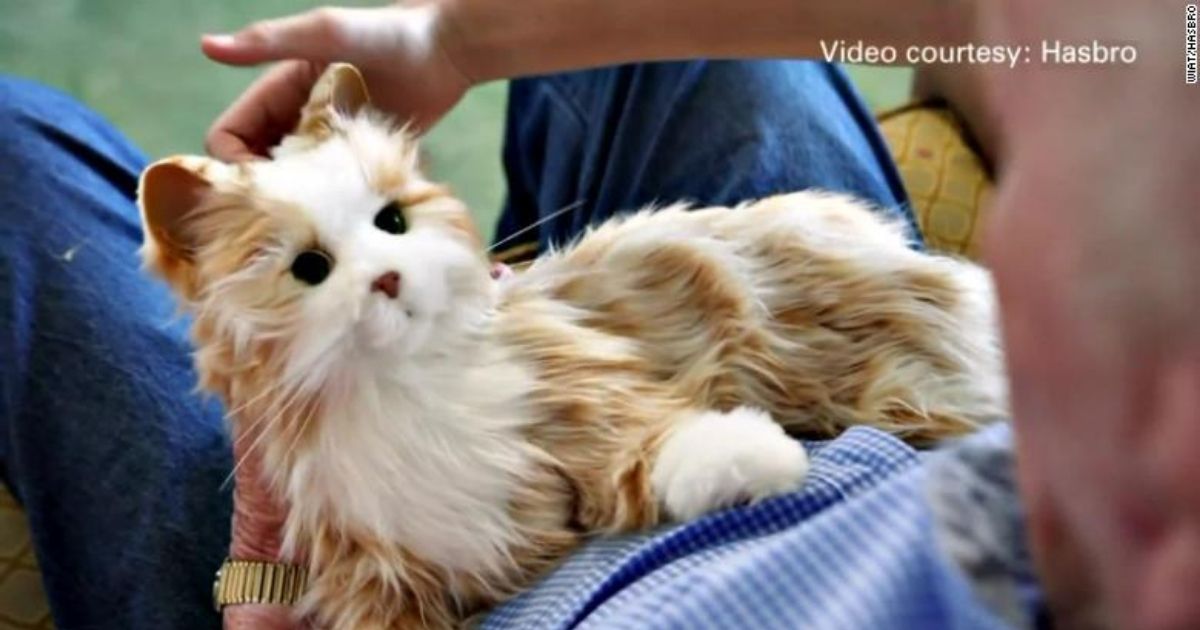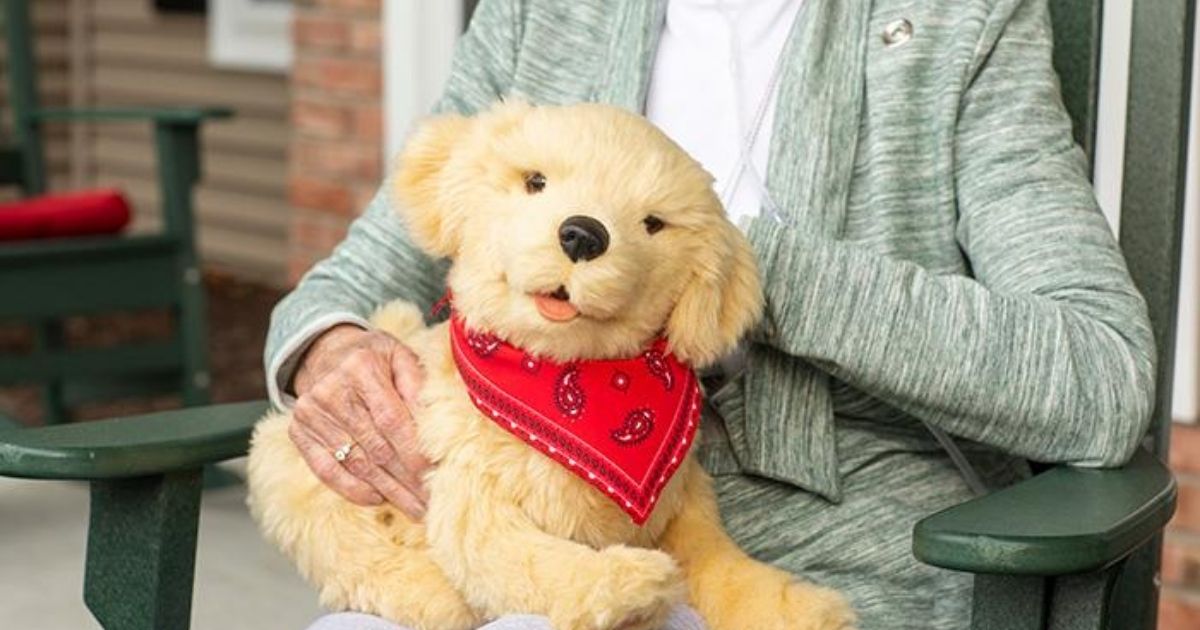The United States is now in its eighth month of the fight against COVID-19, with over 5 million cases reported and more than 163,000 deaths.
While visits to nursing homes are still prohibited in some states, several agencies for the elderly are implementing innovative ways to fight the sadness stemming from isolation.
The Alabama Department of Senior Services, along with several other state agencies managing programs for seniors in New York, Florida, and Pennsylvania, have collaborated with a robotic pet manufacturer, Ageless Innovation, to fight sadness and provide comfort and companionship for isolated seniors.
New York became the first state in the country to test the robotic pets and the results showed that using pets to lower social isolation is highly successful. Ageless Innovation said that 70% of pilot participants reporting a decrease in isolation after a year.
Commissioner Jean Brown of the Alabama Department of Senior Services said that she was impressed by the state of New York’s results with the companion pets and became interested in how the pets could improve the lives of isolated seniors in Alabama.
“When I learned that we might be able to help ease the feelings of loneliness for around $100 per recipient I thought that would be a great way to try it out,” Brown said.
As a matter of fact, the department has already seen encouraging results and local agencies are into their second round of ordering robotic pets, Brown added.
The commissioner said the department plans to assess the program periodically for the next year to get a clearer picture of whether the pilot pet program has been as successful as she hopes it will be.
Ageless Innovation’s CEO Ted Fischer said in a CNN report that with insight into the growing epidemic of sadness and need for interactive play among older adults, the company developed their line of Joy for All Companion Pets to feel, look and sound like real pets.
“We have technology inside that product that allows you to respond to touch and sound and light in different ways. And what we found is older adults wanted realism,” Fischer said. “That’s part of the magic of a companion pet.”







